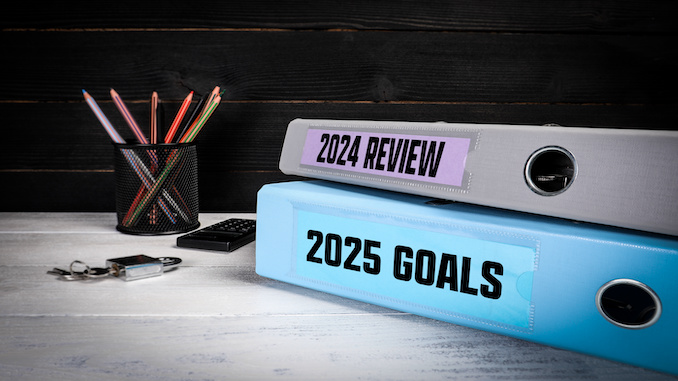
“We send a large amount of tax dollars to local, state, and federal governments, where our money is used to finance the implementation of policies we do not support—criminal or wasteful policies that are harming us, our families, and our communities.”
~ Catherine Austin Fitts and Carolyn A. Betts, Esq., “Taxation: With or Without Representation? Who Will Take Actions and What Actions Can They Take?”
On the cusp of a new U.S. presidential administration, a clever and dangerous campaign is underway to persuade legislators at both the federal and state levels to have taxpayers finance Mr. Global’s plunder of land and other real assets via a “Bitcoin Strategic Reserve.” If successful, this chapter of the financial coup d’état could make past chapters—for example, the missing $21 trillion, the Financial Crisis bailouts, and the Going Direct Reset handouts to insiders—look tame.
In Solari’s 2021 report titled Taxation: With or Without Representation, Catherine and Carolyn addressed the fact that citizens, in a myriad of ways, “support and finance the people and institutions running or permitting criminal and corrupt activities and helping to centralize political power.” We do so through our individual actions but also through our tax dollars. As citizens, we are responsible for ensuring that our tax dollars are spent productively and lawfully.
Most state legislatures convene in early January, as does Congress. This makes the start of the new year a good time to reach out to your representatives to express your concerns about the need to act to protect financial freedom—and to stop the Bitcoin gambit and other strategies to plunder taxpayers and our land and retirement savings. At the state level, almost one in five legislators (19%) will be new, so the start of the year is also an opportunity to develop or consolidate your relationships with your representatives (see our resource titled Working Successfully with State Leaders Who Will Take Responsibility for suggestions on how to go about this).
When you call or write your representatives, ask them to review how your tax dollars are being budgeted and spent. Give your state reps a copy of What the States Can do: Building the Legal and Financial Infrastructure for Financial Freedom and point them to the chapter on taxation (pp. 29-31). And while you’re at it, educate them about the threats to state sovereignty that arise when states bank with financial institutions that act above the law. (Solari’s compilation of legal, regulatory, and enforcement settlements by JPMorgan Chase between 2002 and 2019 provides a compelling educational tool.) The chapters in What the States Can Do that discuss a state bank (pp. 6-7) and protection of financial integrity (pp. 8-10) provide suggestions of actions that states can take to combat these threats.
Finally, be sure to let freedom-focused legislators and officials know about the monthly briefings that Catherine will begin offering in 2025.
Related at the Solari Report:
Monthly Briefings for Freedom-Focused State Legislators and Officials
3rd Quarter 2021 Wrap Up – Taxation: With or Without Representation? with Carolyn Betts, Esq.
Working Successfully with State Leaders Who Will Take Responsibility
Hero of the Week: December 16, 2024: Roger Ver and Steve Patterson
JPMorgan Chase: Selected Legal, Regulatory, and Enforcement Settlements, 2002 to 2019
